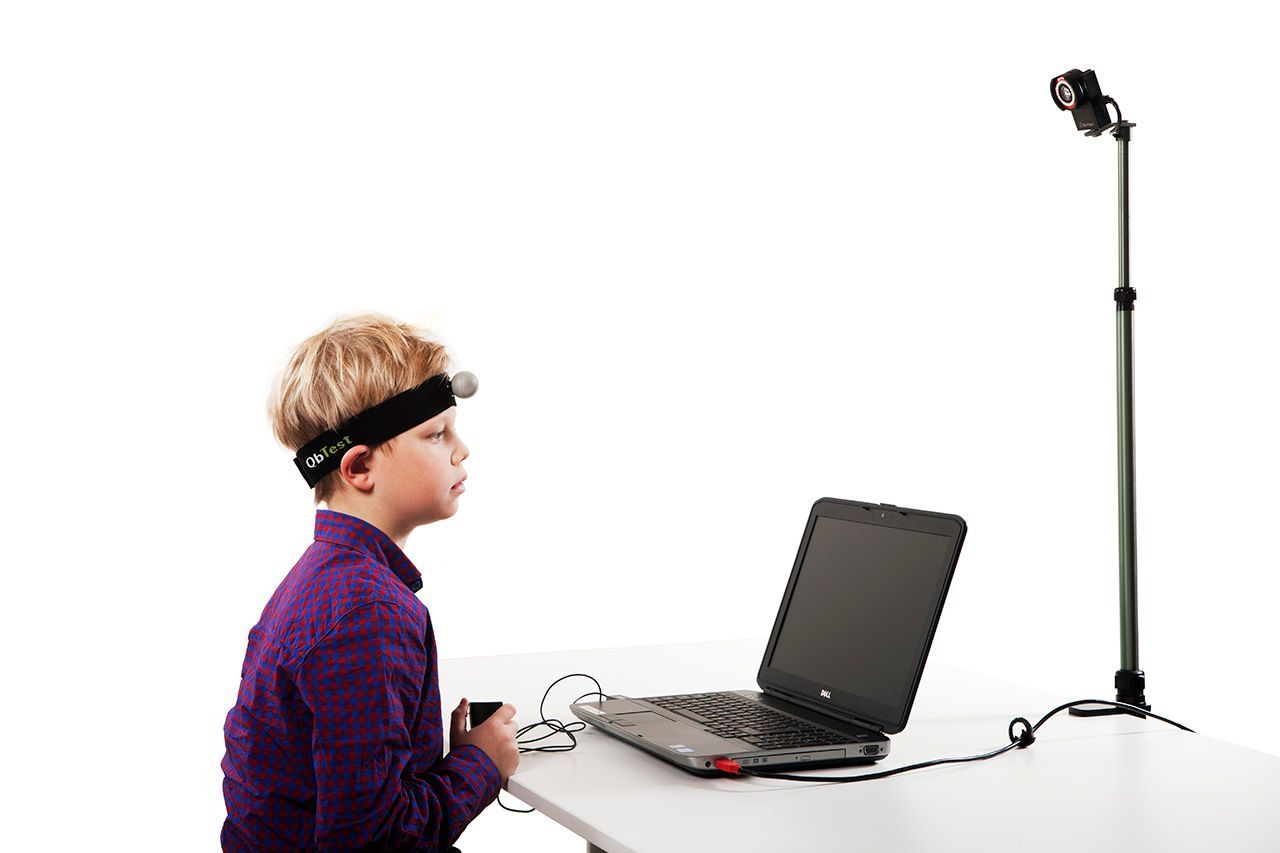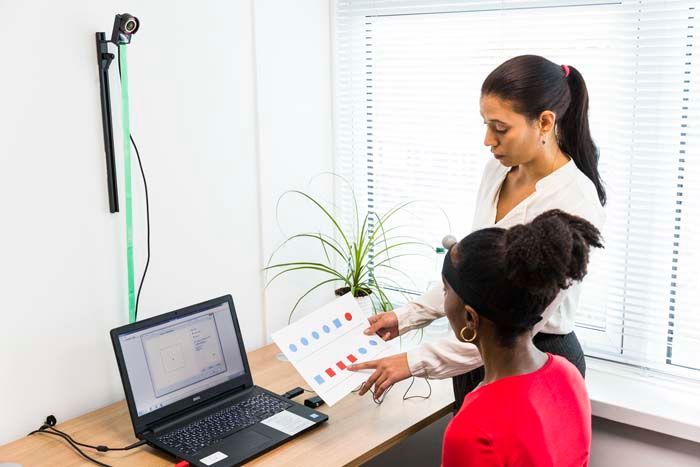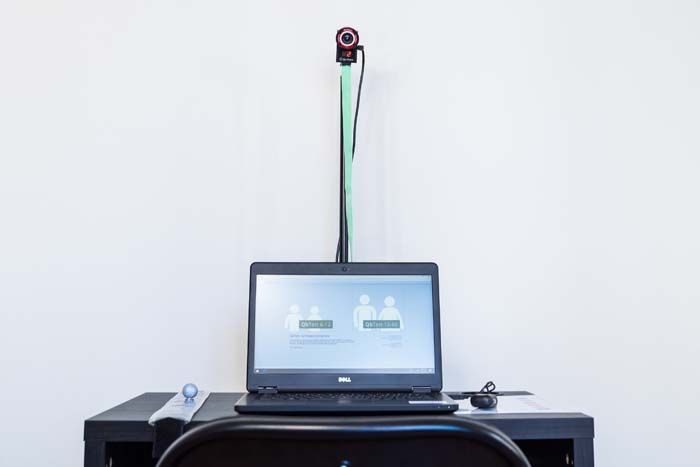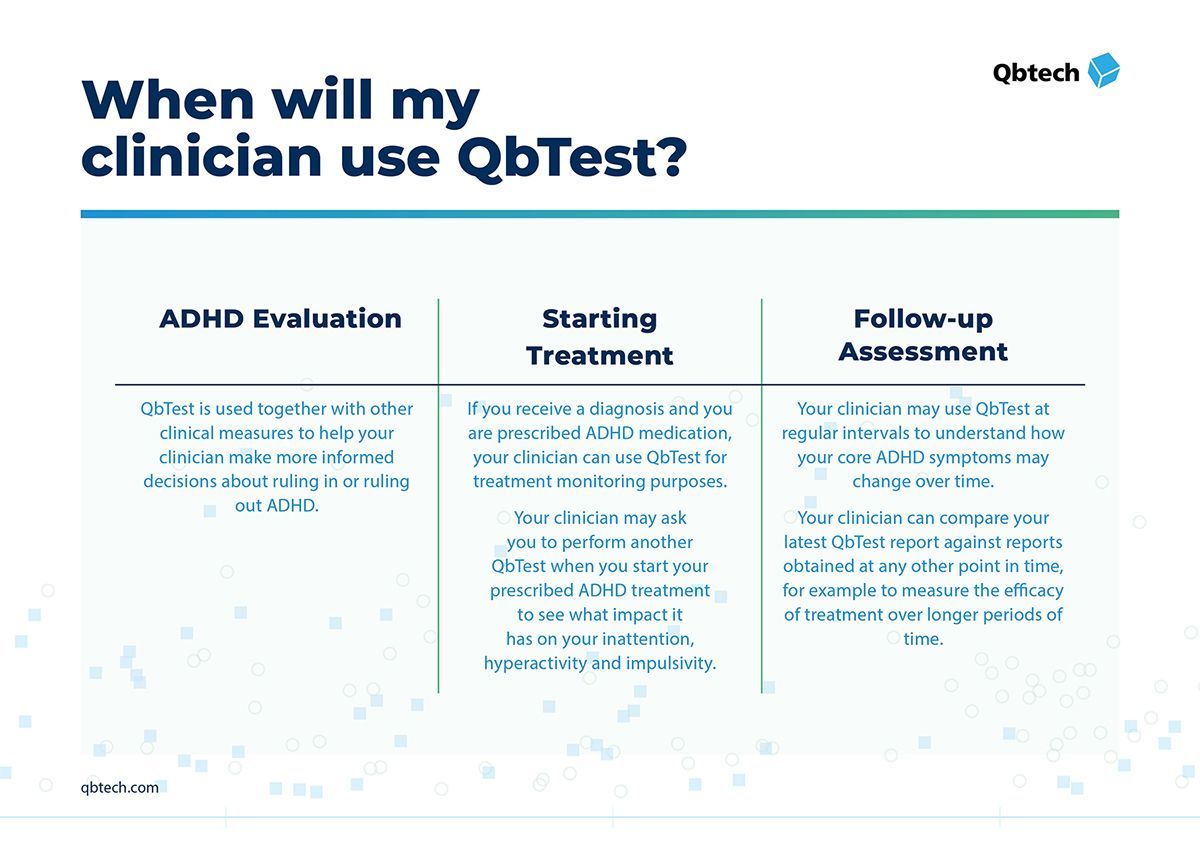ADHD / ADD
What You Need To Know About ADHD/ADD
Meridian Advanced Psychiatry (MAP) is the only provider in the Treasure Valley offering a complete diagnostic testing for ADD/ADHD.
We inform our evaluation and treatment recommendations through objective computerized testing and genetic panels. Our providers are the only ADD/ADHD-CCSP certified providers in Idaho.
This all leads to more accurate diagnoses, more customized treatment options, and better outcomes for you and your loved ones.
Our team of qualified professionals specializes in:
ADD/ADHD diagnosis and evaluation: We use thorough assessments to accurately diagnose ADD/ADHD in children, adolescents, and adults.
Personalized treatment plans: We create an individualized treatment plan combining strategies that best suit your specific needs, whether it's therapy, medication management, or a combination of both.
ADD/ADHD therapy: Our therapists use evidence-based approaches to help improve focus, organization skills, emotional regulation, and self-esteem. We offer techniques like cognitive behavioral therapy (CBT) and social skills training.
Medication management (if needed): We collaborate with a network of psychiatrists to provide medication management, if appropriate, to help manage ADD/ADHD symptoms.
How Does ADD/ADHD Affect Driving?
ADD/ADHD Evaluations with ADD/ADHD testing - what should you expect?
A diagnostic assessment for ADD/ADHD involves three main parts: gathering a clinical history through an interview with your provider, an objective measurement of symptoms using
ADD/ADHD testing, and the completion of one or more rating scales.

What is ADD/ADHD test?
ADD/ADHD testing is an FDA-cleared test measuring all 3 core symptom domains; hyperactivity, impulsivity, and inattention. QbTest is used when evaluating ADD/ADHD symptoms and measuring response to ADD/ADHD treatment.
ADD/ADHD testing
involves a 15 or 20-minute computer-based task that measures your (or your child's) ability to maintain attention and impulse control. Meanwhile, an infrared camera tracks movements, and therefore activity, during the test. The results are based on a comparison of your (or your child's) performance with data from other people of the same sex and age who do not have ADD/ADHD.
What do ADD/ADHD test results look like?
Sample ADD/ADHD testing reports are shown below

When will I receive my results?
The raw data is available immediately after the test is completed. However, your clinician must first interpret the data together with other relevant information.
In some cases, feedback can be provided in the same appointment, but sometimes a follow-up appointment will need to be scheduled.
How should I prepare for a ADD/ADHD test?
- Try to ensure adequate sleep the night before the test.
- Avoid consuming excessive amounts of caffeine the day of the test.
- If you are to be tested while on ADD/ADHD medication, please ensure that you take the medication as directed. Our office will schedule the test a specific number of hours after the medication is taken, depending on the type of medication.
- For a child, explain that they will be taking a test on a computer which is designed to be boring. Inform the child that they will wear a headband during the test, but that it does not hurt. They will be seated in a room by themselves, but a family member can stand outside if helpful.
Why test for ADD/ADHD?
OPTIONAL
Adding objective ADD/ADHD technology can help to...
01
Improve diagnostic accuracy
02
Shorten time to diagnosis
03
Capture treatment response not reflected by rating scales
Contact Us
We will get back to you as soon as possible.
Please try again later.






